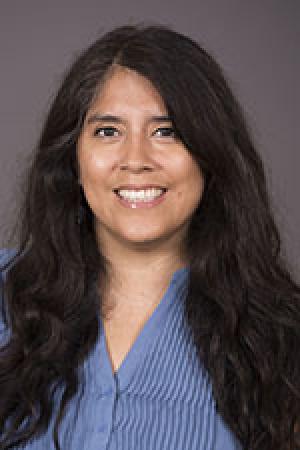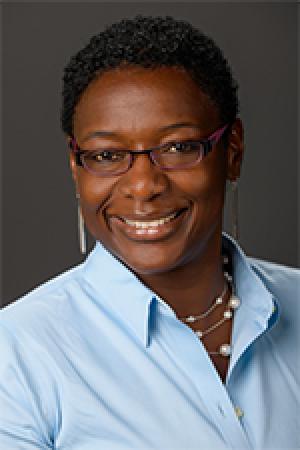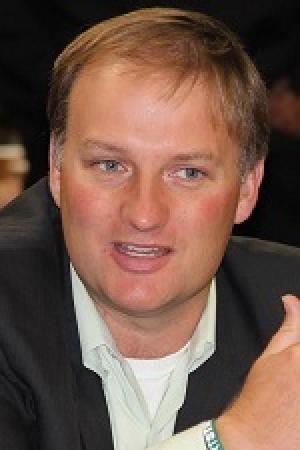Elementary education MA / PhD
The MA/PhD track in elementary education will allow you to contribute to the advancement of knowledge necessary to address the dynamic challenges of contemporary education at the elementary level. We train leaders in educational research and encourage students to dive deep into their own area of research.
This program emphasizes:
- A focus on interdisciplinary approaches to curriculum development
- The use of inquiry as a key pedagogical approach
- The importance of a strong understanding of diversity and its social and educational implications
- Child development and learning theories as the foundation for research and teaching in elementary settings
Quote from Younkyung Hong
I was drawn to this program when I learned that the faculty and graduate students in the program are not only doing academic work, but also engaging with the public to improve education.
Coursework
Curriculum
As a full-time graduate student, you will have opportunities to:
- Supervise student teachers
- Teach courses in elementary teacher education
- Conduct research
- Engage with faculty and student colleagues in research/discussion groups related to the study of elementary education as a contextual space
- Present at conferences for researchers and practitioners
Your PhD coursework will center on your research interests. The program consists of 48 course credits and 24 doctoral thesis credits for a total of 72 credits
To view the core curriculum and electives visit the course catalog and view Requirements > Program Sub-Plan Requirements > Elementary Education.
Research opportunities
Students can engage in research that ties into their area of interest. Faculty work closely with each cohort to achieve research and educational goals. Learn more about the student research experience in the Department of Curriculum and Instruction.
Masters of arts students
Students can choose either a thesis (Plan A) or final paper (Plan B) to complete their degree. See the requirements for both curriculum plans.
To view the core requirements for elementary education in the course catalog, find Requirements > Program Sub-Plan Requirements > Elementary Education.
Doctoral curriculum
Your PhD coursework will center on your research interests. The program consists of 48 course credits and 24 doctoral thesis credits for a total of 72 credits.
To see the curriculum requirements in detail, visit the course catalog under sub-plans for elementary education.
Career outlook
Graduates of the program have assumed positions as university faculty, instructional leaders in the public schools, curriculum development specialists, and assessment specialists.
Graduates have found employment in the following positions:
- Associate professor, Wright State
- Professor, University of Minnesota
- Associate professor, Western Carolina University
How to apply
Application deadline and instructions
Priority deadline: December 1 for admission to the fall of the following year
Admissions decisions: January
Faculty review applications in mid-late December, and the Graduate School will notify applicants about admission decisions shortly thereafter. Final admission decisions are based on complete applications. All application materials must be included for the application to be released for review.
Before applying online, go through the application checklist to ensure you have all the required materials. We are here to help! If you have questions, please contact the Graduate Studies Coordinator. If you are a returning Graduate School student, follow the Readmission guidelines. If you are a current Graduate School student and need to change your program, follow the Change of Status guidelines.
Request information
We’re here to help. Simply complete one of these forms and a member of our department will be in touch







